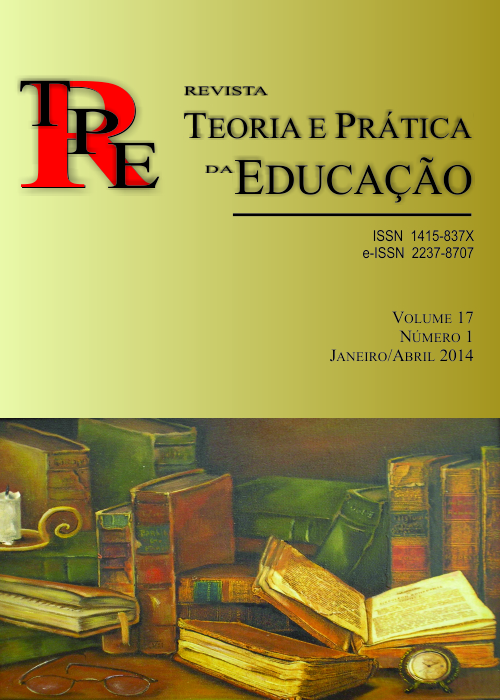<b>Mbyá-Guarany pedagogies and learning processes
Abstract
This paper aims at discussing associations between Mbyá-Guarani political and economic organisation and teaching practices, by stressing on time conceptions, ways to see people of a certain age, notions of space and mobility and educative strategies for shaping Guarani people. The researchmethodology gathers document analyses, observations, talks and notes in a field diary. Observations in Mbyá-Guarani villages in Rio Grande do Sul were considered in a two-year period. We have also considered some classic anthropological texts, such as those by Pierre Clastres, Curt Nimuendaju,Egon Schaden, and contemporary researchers’ reflections about this people’s culture, particularly those by Bartomeu Melià, Marcelo Larricq, Maria Aparecida Bergamaschi , Ana Luisa de Menezes, Valéria Soares Assis. Taking nomination as a technology to shape people, we have perceived that some ‘ideals’ are shaped, especially in practices designed to establish associations between a subject and his/her name. It was also possible to analyse how space conceptions affect the ways of being and thinking, and how they are marked by territorial mobility, which on its turn enables rearticulating Schasocial and parentage relationships, movement of children, knowledge, products, seeds, food, technology, and cultural goods. Finally, analysis of time in children’s life enabled us to understand that age differences have a role in the definition of what may be and may be done in different times in life. Children are shaped, they move, play, work and experience the Nhande Rekó (the Mbyá-Guarani way of being) in a wide range of practices and under many subjects’ gaze.
Downloads
Autores que publicam nesta revista concordam com os seguintes termos:
a) Os autores mantêm os direitos autorais e concedem à Revista Teoria e Pratica da Educação o direito de primeira publicação
b) Esta revista proporciona acesso público a todo o seu conteúdo, uma vez que isso permite uma maior visibilidade e alcance dos artigos e resenhas publicados.











